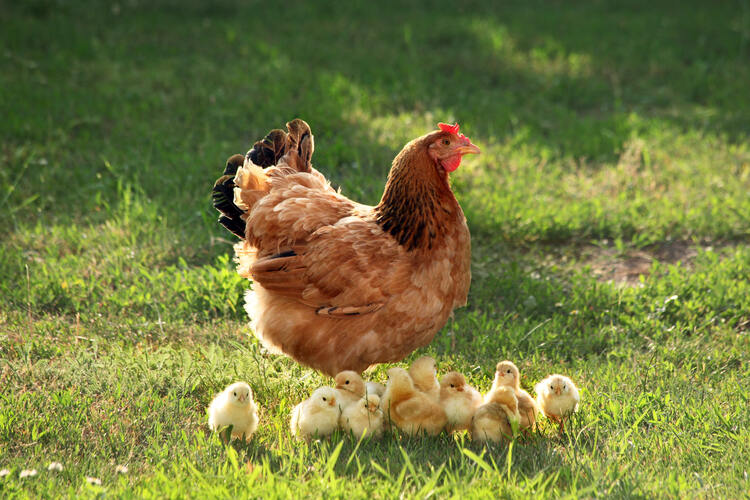
New technology aims to produce cheap and clean energy through chicken feathers discarded by the food industry
By
The cost – both to the environment and our own pockets – of producing electricity continues to rise. As well as the already well-established clean energy alternatives such as solar and wind power, scientists around the world are busy developing other clean, and cheap, energy supplies.
One of the more unusual clean energy ideas, which is being developed by a team of scientists from ETH Zurich in Switzerland and the Nanyang Technological University Singapore, involves using low-cost, sustainable fuel cells from… chicken feathers.
With around 24 billion of them, chickens are the most common birds on Earth. Each year, the food processing industry incinerates around 40 million tonnes of chicken feathers. Naturally, burning so many chicken feathers comes with an environmental cost (and it’s not great news for the chickens in question either!). Large amounts of CO2 are released into the atmosphere as well as sulphur dioxide and other toxic gases.
But, the team behind the research discovered that by using a simple and environmentally friendly process they could extract keratin from the feathers (keratin is also what your finger nails and hair are made from). This keratin could then be converted into very fine fibres known as amyloid fibrils, which in turn could be used in the membrane of a fuel cell.
Currently, the membranes of fuel cells are made using highly toxic chemicals which don’t break down in the environment. This new chicken feather membrane does break down, thereby reducing environmental waste. The membranes produced in this way are also up to three times cheaper to produce than standard membranes.
The next stage of the process sees the fuel cell using hydrogen and air to produce CO2-free electricity. The only waste products are heat and water. But, while this all sounds very promising there is one small catch.
Raffaele Mezzenga, Professor of Food and Soft Materials at ETH Zurich explains the problem: ‘Hydrogen is the most abundant element in the universe – just unfortunately not on Earth.’
Producing the pure hydrogen needed to help power fuel cells currently requires huge amounts of energy, but, according to Mezzenga, the new chicken membrane can also be used to aid the process of water splitting, which results in pure hydrogen. And to think that these scientists claimed this was a simple process…
The researchers believe that in the future this technique could play a significant role as a sustainable energy source.
So, this only leaves the question of what came first. The chicken or the clean energy?
Related Articles:




